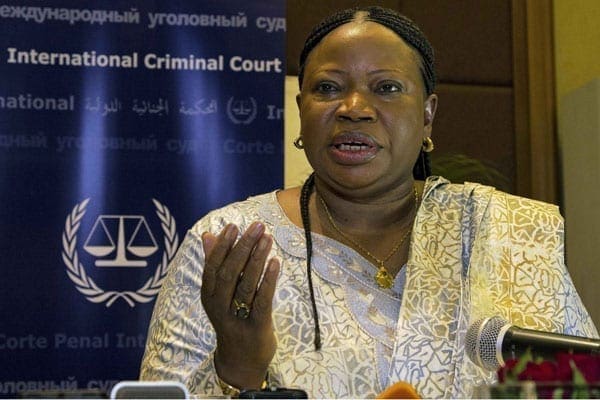
Kenya was on Monday referred to the Assembly of States Parties — the 124-member legislative and oversight body of the International Criminal Court — for failing to cooperate in the President Uhuru Kenyatta case.
The action might now lead to Kenya being discussed at an open plenary session of the Assembly of States Parties (ASP), as well as the body making a resolution against the country.
The resolution adopted by the ASP — which may decide as it “deems fit” — is final.
What happens next? Nation.co.ke lists the actions that will follow, according to the ASP Rules of Procedure on non-compliance.
- Emergency meeting These are in cases where the bureau is convinced that its actions will make the country resume its cooperation with the court.
- On receipt of the finding of non-cooperation against Kenya, the Bureau — the ASP’s executive committee composed of a President, two vice presidents and 18 members- will hold an emergency meeting to assess the Kenyan case.
- ASP writes to Kenya“The President of the Assembly could send a copy of the letter to all States Parties, encouraging them to raise the matter in bilateral contacts with the requested State, where appropriate,” the ASP rules state.
- On expiry of a set timeline, a meeting of the bureau at the ambassadorial level where Kenya will be asked to explain how it will cooperate with the court in future.
- After the emergency bureau meeting, the President will write to Kenya reminding it of the need to cooperate with the ICC in compliance with its Rome Statute obligations.
- Matter referred to General AssemblyThe next ASP meeting is to be held in The Hague on November 16 to 24, but the Kenyan matter might not occur because the ASP procedure requires three-month difference between the bureau meeting and the discussion by State parties.
- The matter will then be referred to the annual ASP General Assembly where the matter will be openly discussed by state parties, civil societies before a report is compiled by the bureau on whether action must be taken.
- Discussion at plenary session
- After that, the matter will then be discussed at the plenary session of the next ASP meeting.
In the Kenyatta case, prosecutors had requested Nairobi to hand over documents, including telephone records and bank statements.
Prosecutors first asked the court to find Kenya non-compliant in November 2013, a request rejected by the Trial Chamber in December 2014.
International Criminal Court Chief Prosecutor Fatou Bensouda’s office would then appeal the decision in March 2015 — four months after she asked to withdraw President Kenyatta’s charges — which was again rescinded, with the Appeals Chamber referring it back to the Trial Chamber.
Nairobi had dismissed Ms Bensouda’s push for a referral to the ASP, saying it would be prejudicial.
“Where a State is found to be non-compliant in relation to a particular request, it would be unjust and prejudicial for a referral to the ASP to be made for the purpose of ensuring cooperation in future in other unrelated trials,” Kenya had submitted to the court.
On Monday, the chamber said the prosecution had made a valid case to refer Kenya to the ASP.
“It is additionally noted that, despite the passage of a further 18 months and notwithstanding the Kenyan government’s continuing statutory obligation to comply with any cooperation request from the Court, it appears that no further progress has been made in implementation of the Revised Request,” the court noted.
-nation.co.ke







